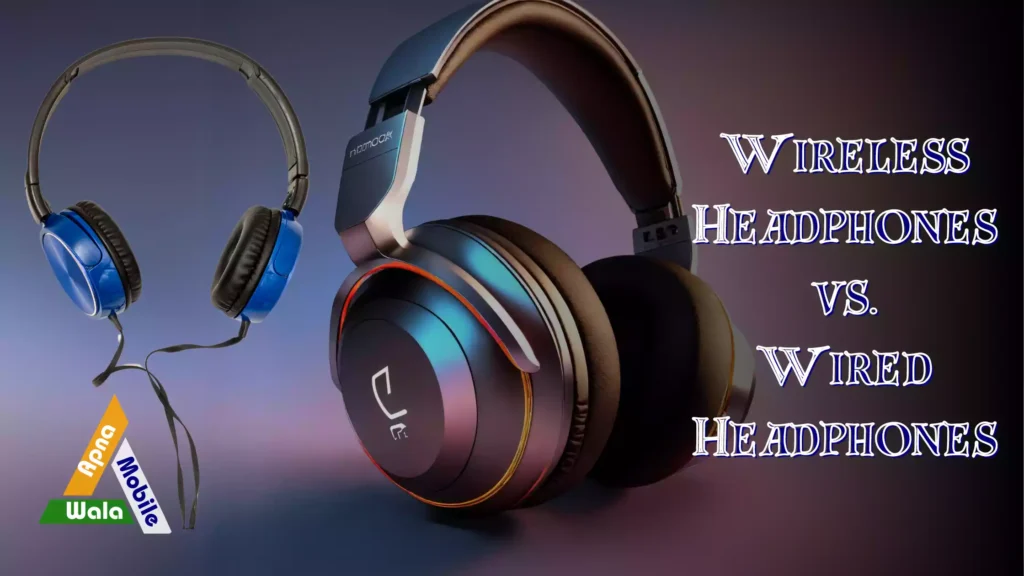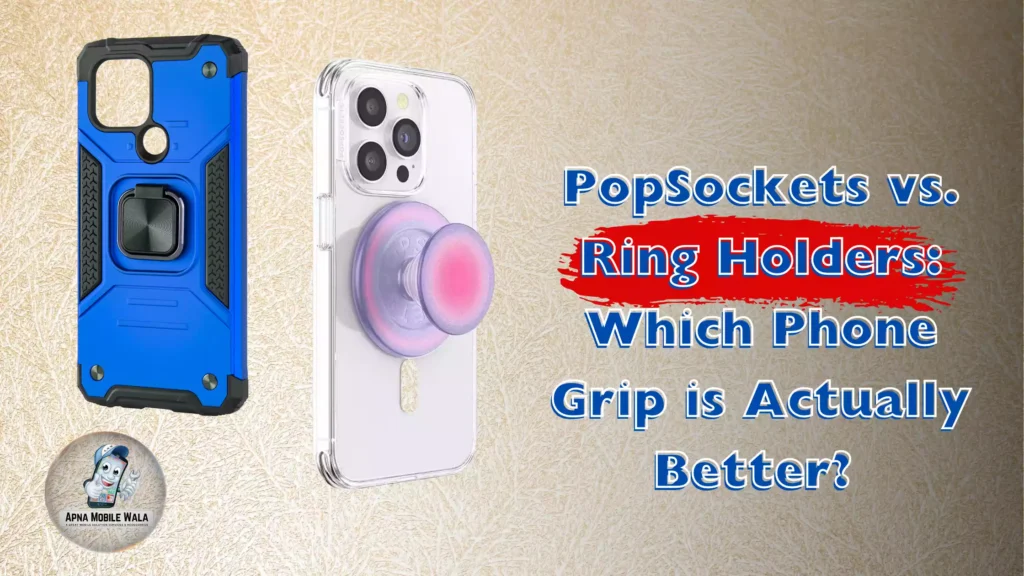In today’s world, headphones have become an essential accessory for work, leisure, and communication. However, concerns about radiation exposure have emerged with the increasing use of Bluetooth headphones. Are Bluetooth headphones more harmful than wired ones? In this article, we’ll explore the differences in radiation between Bluetooth and wired headphones, and which option might be safer for you.
What Is Radiation from Headphones?
Radiation from headphones refers to the electromagnetic radiation (EMR) they emit. Devices like Bluetooth headphones use radiofrequency (RF) waves to transmit data wirelessly. In contrast, wired headphones do not emit significant radiation because they rely on physical cables to connect to a device.
Bluetooth Headphones Radiation
Bluetooth headphones operate by using RF waves, typically in the frequency range of 2.4 GHz. These waves are considered non-ionizing radiation, meaning they don’t carry enough energy to directly damage DNA or cells like ionizing radiation (e.g., X-rays). The amount of radiation exposure from Bluetooth devices is relatively low, but since they are used close to the head, there is still concern about prolonged exposure.
How Much Radiation Do Bluetooth Headphones Emit?
Bluetooth headphones, including popular brands like AirPods or wireless earbuds, emit very low levels of RF radiation, typically less than 10 milliwatts (mW). This is far below the international guidelines for safe exposure set by organizations like the Federal Communications Commission (FCC) and the World Health Organization (WHO).
Wired Headphones Radiation
Wired headphones, on the other hand, do not use RF waves to function. Instead, they transmit sound through electrical signals via the cable. Since there is no wireless transmission, there is essentially no radiation emitted directly from wired headphones. However, it’s worth noting that even wired headphones can pick up low levels of electromagnetic fields (EMFs) from surrounding electronics, but these levels are generally negligible.
Health Risks: Bluetooth vs Wired Headphones
Bluetooth Headphones:
- Pros:
- Convenience and mobility due to the lack of cables.
- Generally emit low levels of RF radiation.
- Cons:
- Continuous use for long periods could lead to concerns about exposure to low levels of non-ionizing radiation.
- The potential impact on health over long-term, continuous exposure is still debated among experts.
Wired Headphones:
- Pros:
- Emit virtually no radiation, making them the safer option in terms of RF exposure.
- Do not rely on a battery, reducing environmental impact over time.
- Cons:
- Less mobility and convenience due to the presence of cables.
- May pick up slight EMF from surrounding devices, though the levels are minimal.
What Do Studies Say?
Research on the health impacts of low-level RF radiation, like that from Bluetooth headphones, is ongoing. Currently, there is no definitive evidence linking Bluetooth headphone radiation to serious health issues. However, some studies suggest that prolonged exposure to RF waves may have subtle effects on biological tissues. For instance, the WHO acknowledges that more research is needed to fully understand long-term exposure to wireless devices, particularly in close contact with the head.
Practical Safety Tips
If you are concerned about radiation from Bluetooth headphones but still want to enjoy their convenience, here are some tips to reduce exposure:
- Limit Usage Time: Reduce prolonged use of Bluetooth headphones, especially for long calls or listening sessions.
- Use Wired Headphones for Long Calls: For lengthy conversations, consider using wired headphones to minimize potential radiation exposure.
- Keep Devices Away from the Head: When not in use, avoid placing Bluetooth headphones close to your head.
- Use Alternatives: Use speakerphone or external audio devices when possible to minimize direct exposure.
Conclusion: Which Is Safer?
When it comes to radiation exposure, wired headphones win as they emit no RF radiation. Bluetooth headphones, though they emit low levels of radiation, are still a safe option according to current research and safety guidelines. However, if you are concerned about long-term exposure, it’s best to limit usage and opt for wired headphones whenever possible.
Ultimately, the choice between Bluetooth and wired headphones depends on your priorities—whether it’s safety, convenience, or audio quality. If radiation exposure is a concern, opting for wired headphones may offer peace of mind.
FAQs
1. Do Bluetooth headphones cause cancer?
There is no concrete evidence to suggest that the low levels of RF radiation from Bluetooth headphones cause cancer. Studies are ongoing, but current safety guidelines deem Bluetooth devices as safe for daily use.
2. Are wired headphones better for health?
Wired headphones emit no RF radiation, making them the safer choice in terms of radiation exposure. However, overall health impacts from Bluetooth headphones are considered minimal by current research.
3. How can I minimize radiation exposure from Bluetooth headphones?
To minimize exposure, limit your usage time, switch to wired headphones for long periods, and keep Bluetooth devices away from your head when not in use.
By understanding the differences between Bluetooth and wired headphones in terms of radiation, you can make a more informed decision that best suits your needs and concerns.
Thanks for Reading!
Read more:
How to Protect Your Phone Screen
Best Bluetooth Speakers Under 1000
5 Best Wireless Earbuds Under 500
Eco-Friendly Mobile Accessories
The Fastest Wireless Chargers of 2024



